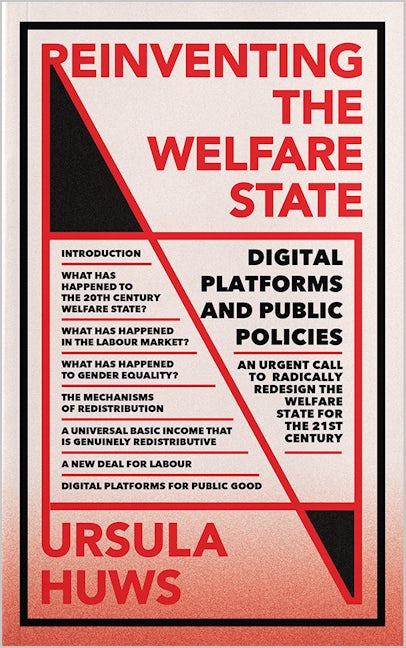Documentary and art are seemingly two words in conflict with one another: the former implies a kind of documentation that encloses an objective record of the real world while the latter is defined and evaluated by subjectivity and creativity. Nonetheless – as Grierson’s famous definition of documentary also suggests – subjectivity and creativity are two concepts that inevitably become significant during the documentary filmmaking process as they can produce and/or prevent conventions, possibilities and limitations in a film’s narrative. Moreover, the historical collaboration between documentary filmmakers and visual artists is an indication of the range of forms documentary can take.
As part of the Centre's research seminar series, Elif Akçalı's paper will look at the use of documentary filmmaking in artistic practices in Turkey, especially focusing on those contemporary works that adopt a first-person, subjective viewpoint, made by artists in transition. Akçalı's case studies are Didem Pekün’s Of Dice and Men (2016), Şener Özmen’s How to tell of peace to a living dove? (2015) and Aykan Safoğlu’s Off-white Tulips (2013), which she categorizes as accented essays. Akçalı will analyze the aesthetics of these three works especially in terms of how the subjective viewpoint in their narratives shape our understanding of the social and cultural context, which was largely shaped by the political events during the period in which they were made. The accented first-person address in these works, along with other stylistic choices prone to essayistic documentary filmmaking that they pursue, allow them to enjoy a multiplicity of meanings, raising personal questions that become relevant for collective issues of identity, belonging, culture, history and memory.
Dr. Elif Akçalı completed her PhD in Media Arts in 2014 at Royal Holloway, University of London, and she is Assistant Professor at the Department of Radio, TV and Cinema Department, Kadir Has University (Istanbul, Turkey) since 2015. She teaches the practice of film editing as well as a variety of theoretical courses in screen studies within the undergraduate and graduate programmes at Khas. Her works have appeared in a variety of journals including Critical Arts, Journal of Film and Video and [in]Transition. Her research interests include film style and aesthetics, documentary and essay film, gender and audiovisual production, and videographic film studies. Currently she is leading a two-year research project funded by TÜBİTAK (The Scientific and Technological Research Council of Turkey) titled “Women on Screen and Behind the Camera: A Contemporary Outlook of Representation and Labor of Women in Film and TV Industries in Turkey (2017-2021).”









